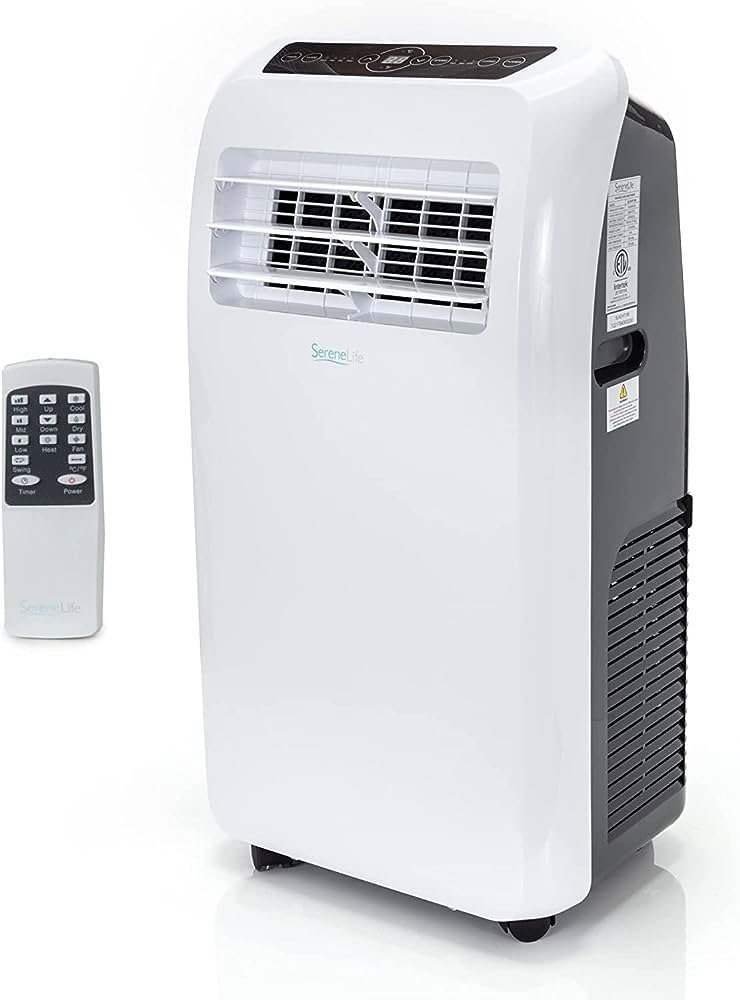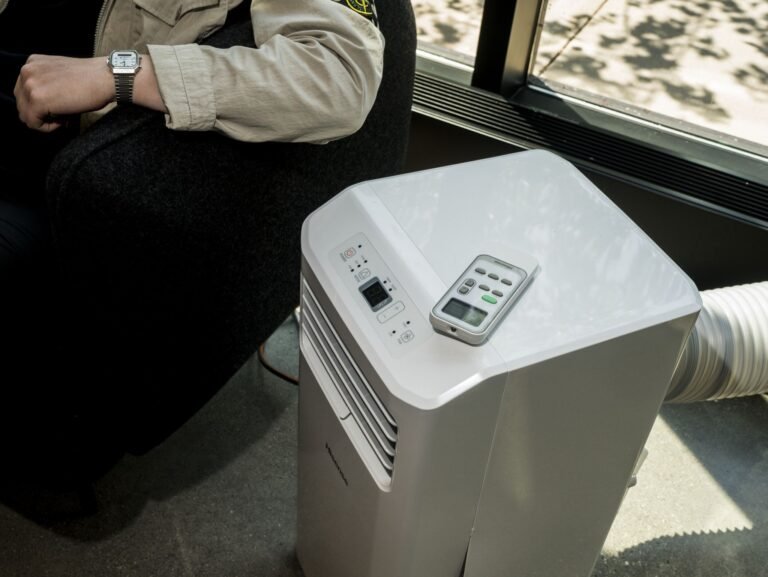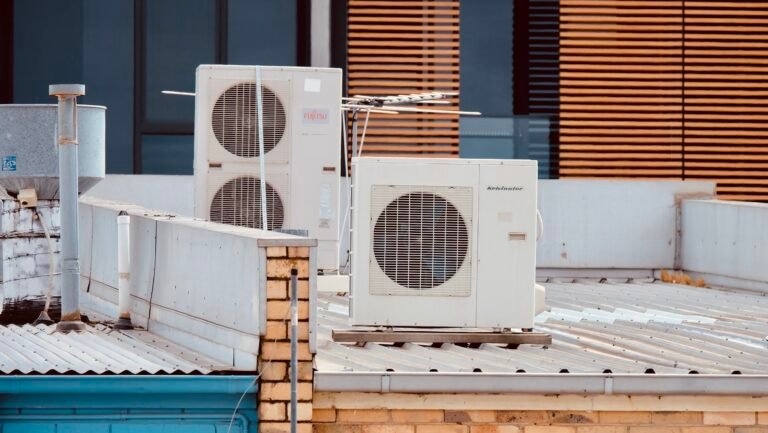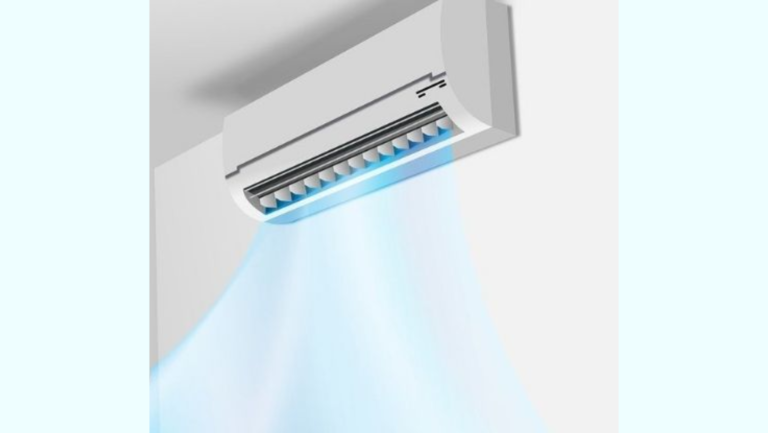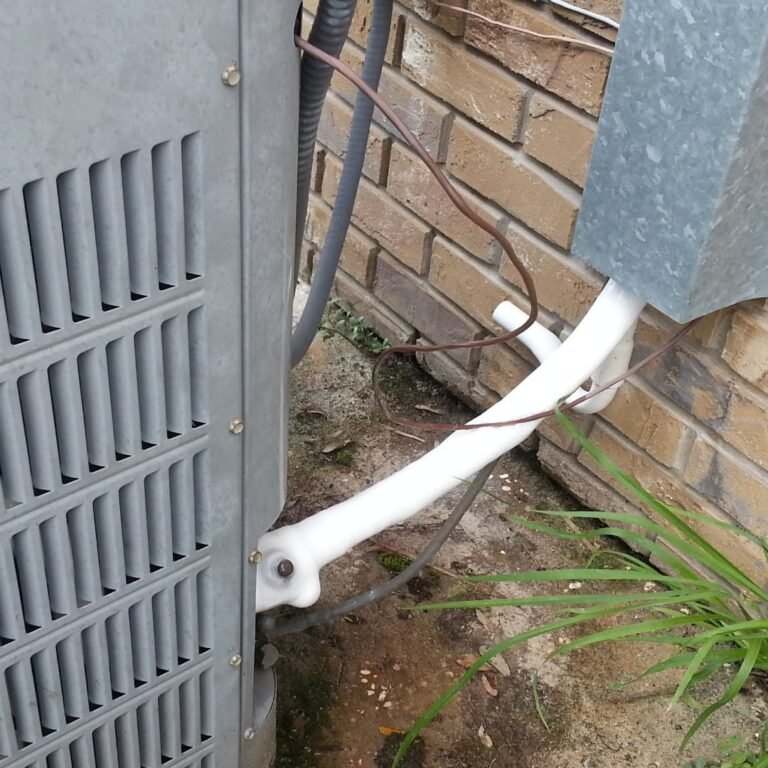Do Air Conditioners Work Better in Hot Weather? Discover the Surprising Truth
Air conditioners work better in hot weather because they are designed to cool indoor spaces by removing heat and releasing it outside. The higher the ambient temperature, the harder the system has to work to maintain the desired indoor temperature.
This means that air conditioners may run continuously on extremely hot days to keep the space cool. While it may feel like the AC is struggling, it is most likely working just fine. However, compressors may work less efficiently in higher heat, requiring more power to do their job.
Overall, air conditioners are effective in hot weather but may use more electricity in order to maintain a comfortable indoor environment.
How Hot Weather Affects Air Conditioners
Hot weather can have a significant impact on the performance of air conditioners. One of the main effects is an increased workload on the compressor. The compressor plays a crucial role in the cooling process and works harder to maintain the desired indoor temperature during hot weather. As a result, the compressor becomes less efficient, requiring more power to do its job efficiently. This increased workload not only affects the efficiency of the air conditioner but also leads to increased electricity consumption. The system has to work harder and consume more energy to remove heat from the home and release it outdoors. Therefore, it is normal for air conditioners to run continuously on extremely hot days as they strive to maintain a comfortable indoor temperature.
Factors That Impact Air Conditioner Performance In Hot Weather
| Factors that Impact Air Conditioner Performance in Hot Weather |
| Ambient Temperature |
| When it comes to air conditioner performance, the ambient temperature plays a crucial role. The higher the ambient temperature, the harder the compressor has to work. Compressors work less efficiently at higher heat, requiring more power to perform the cooling process effectively. |
| Insulation of the Space |
| The insulation of the space being cooled can greatly impact air conditioner performance. Insufficient insulation can result in heat transfer from the surroundings, increasing the workload on the air conditioner and reducing its efficiency. Proper insulation helps maintain a consistent indoor temperature and allows the air conditioner to work more effectively. |
| Airflow Restrictions |
| Airflow restrictions, such as blocked vents or dirty filters, can hinder the performance of an air conditioner, especially during hot weather. Restricted airflow reduces the cooling capacity of the system, making it less efficient in cooling the space. Regular maintenance and cleaning of vents and filters are essential to ensure proper airflow and optimal performance. |
Tips To Optimize Air Conditioner Performance In Hot Weather
Optimizing your air conditioner’s performance in hot weather is essential for ensuring optimal cooling and energy efficiency. Regular maintenance is key to ensuring your air conditioner functions at peak performance. Schedule regular check-ups and cleaning to ensure all components are working properly and prevent any potential issues.
Proper insulation is also vital to maximizing your air conditioner’s performance. Insulate your home properly to prevent cool air from escaping and hot air from entering. This will help your air conditioner work more efficiently and maintain the desired indoor temperature.
Airflow management is another important factor. Keep the area around your air conditioner clear of obstructions to ensure proper airflow. Clean or replace your air filters regularly to maintain good airflow and prevent dust and debris from clogging the system.
By following these tips and taking care of maintenance, insulation, and airflow management, you can optimize your air conditioner’s performance in hot weather and enjoy cool indoor comfort all summer long.

Credit: www.searshomeservices.com
Frequently Asked Questions For Do Air Conditioners Work Better In Hot Weather
How Cool Should My Ac Keep My House In 100 Degree Weather?
During 100 degree weather, your AC should keep your house at a temperature that is comfortable for you. The system will work hard to remove heat from your home and release it outdoors. It is normal for the AC to run continuously on extremely hot days to maintain the desired indoor temperature.
What Outside Temperature Is Too Hot For Air Conditioner?
The outside temperature that is too hot for an air conditioner depends on various factors. Air conditioners may run continuously during extremely hot days as they work hard to maintain the desired indoor temperature by removing heat from the home.
However, compressors work less efficiently at higher heat, requiring more power to do the job. It’s important to ensure the AC unit is not struggling to keep up with the heat.
Is It Normal For Ac To Run All Day In 100 Degree Weather?
Yes, it is normal for AC to run all day in 100-degree weather. The AC works hard to maintain the desired indoor temperature by removing heat from the home and releasing it outdoors. The higher the ambient temperature, the more the compressor has to work, which requires more electricity.
Is It Normal For Ac To Struggle On Hot Days?
Yes, it is normal for ACs to struggle on hot days. The system works hard to maintain indoor temperature by removing heat from the home. If your AC is having trouble keeping up with the heat, it doesn’t mean it’s broken.
It’s more likely working fine despite the hot feeling inside.
Conclusion
AC units work harder in hot weather because they are constantly removing heat from the home and releasing it outdoors. This is normal and necessary to maintain the desired indoor temperature. The higher the ambient temperature, the more the compressor has to work, which requires more electricity.
While AC units may struggle to keep up with the heat, it doesn’t necessarily mean they are broken. They are designed to work efficiently, but they require more power in higher temperatures. So, if your AC is working hard on hot days, it’s doing its job to keep you cool.

